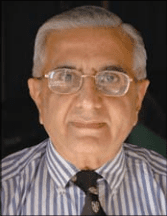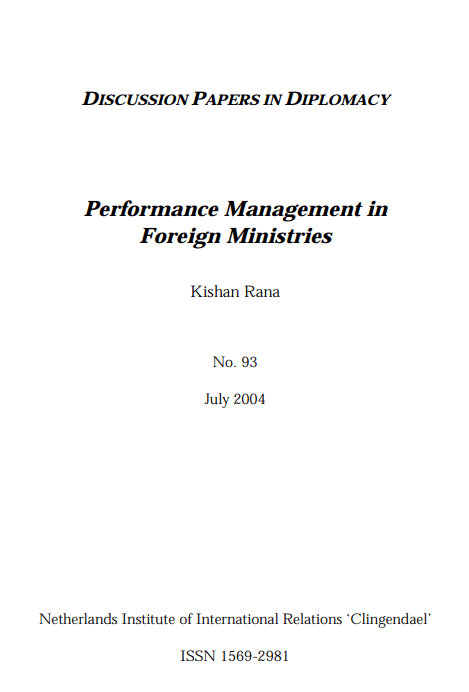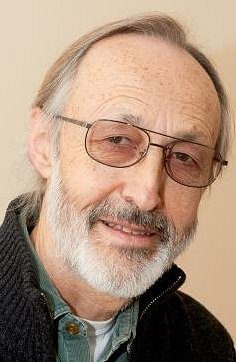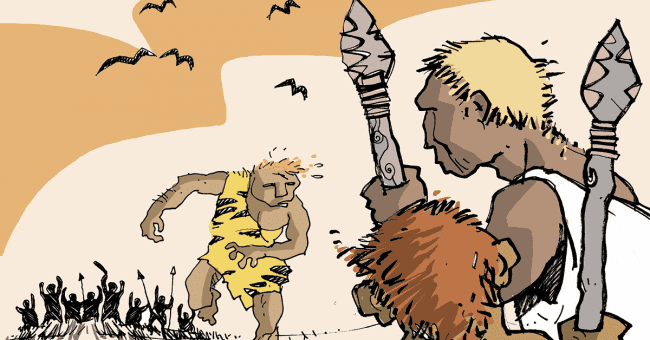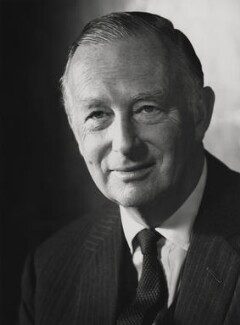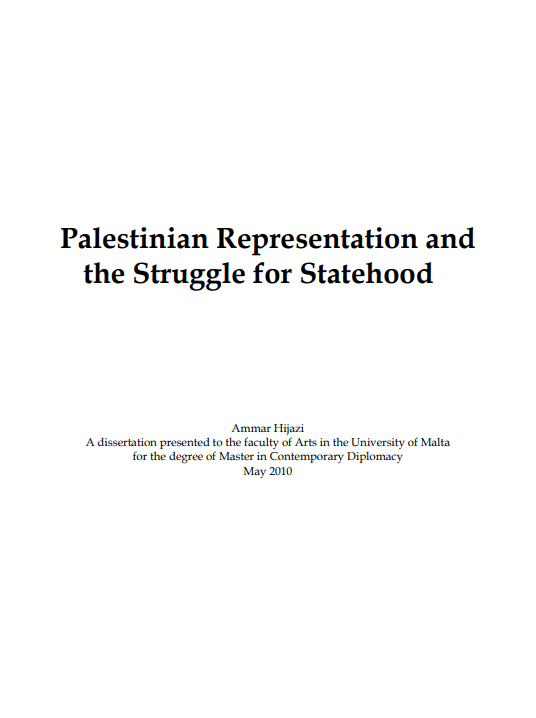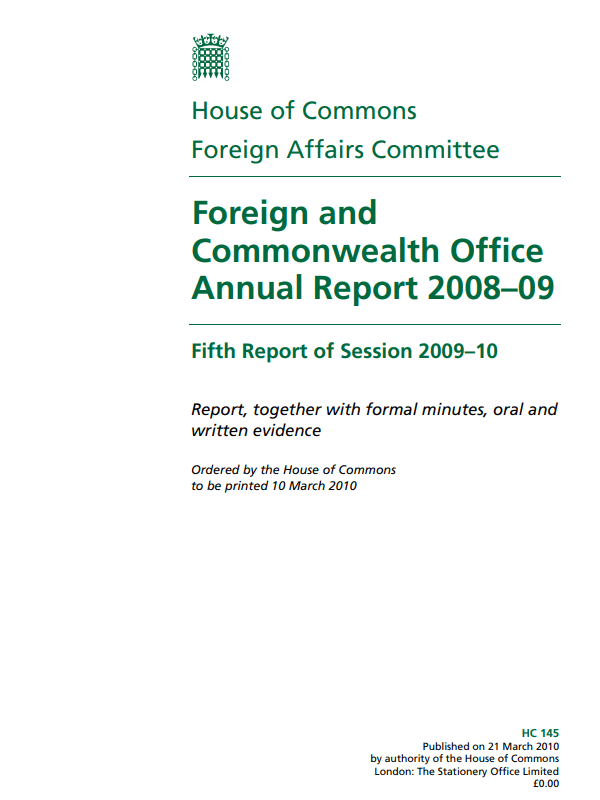What is the professional expertise needed by a diplomat? One should not be surprised that understanding of societal affairs and economics is more important as a knowledge base than the theory of international relations.
Kishan S. Rana, DIPLOMAT AND AUTHOR, INDIA
It begins:
In most countries, those selected for the diplomatic service are elites. This does not refer to their social background — in fact in almost all countries a democratization process is evident, in terms of the economic groups and the educational institutions to which the new entrants belong. They are elites because behind each young man or woman who wins the coveted appointment, stand dozens, or in some countries, even several hundreds, of unsuccessful applicants. Despite all the diversification in job opportunities that has taken place in our globalizing world, and the opening up of career avenues that did not exist a decade or two back, representing one’s country abroad remains a coveted honor, attracting the best and the brightest in virtually every country that has an open, competitive selection process.
What kind of higher education is the best preparation for a career in a diplomatic service? Is there a particular kind of discipline that is best suited to produce envoys? What are the needs for professional training for diplomats, at the stage of induction, and later on, as the individual’s career progresses?
